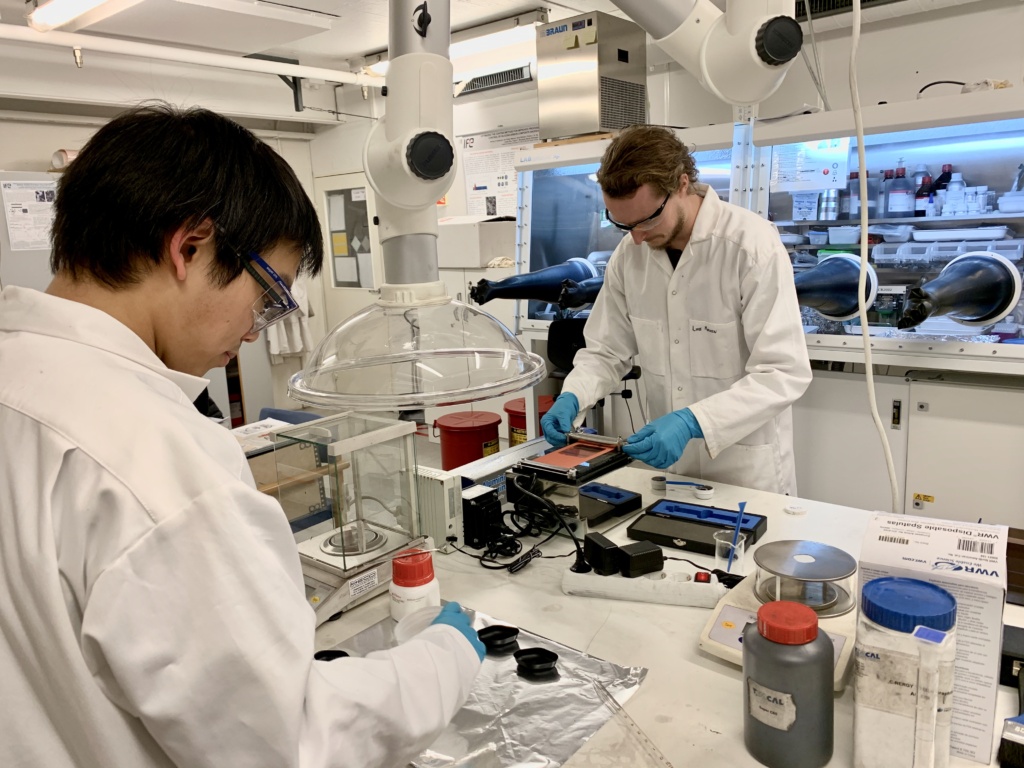CoFBAT
The CoFBAT project aims towards the development of new solutions for stationary energy storage, suitable for different applications fulfilling the increasing need of decentralized energy production, supply for private households and industrial parks. Within the CoFBAT development, high capacity anodes will be coupled with cobalt-free cathode and with a new type of electrolyte. The project will contribute to leveraging partners’ knowledge in advanced materials. New materials and components will be developed and optimized to achieve longer lifetime, lower costs, improved safety and more efficient recycling.
CoFBAT will strengthen the EU competitiveness in advanced materials and related battery value chain by developing a cobalt-free solutions and safe polymer electrolytes. CoFBAT gathers the complete value chain in battery production from materials to battery manufacturing, including electrochemical characterization and life cycle assessment. Due to the careful selection of components, the proposed solution will allow Europe to become more independent from the supply of critical raw materials. Furthermore, the feasibility of recycling of critical elements will be investigated and recommendations for future applications will be made.
CoFBAT is a strategic project selected to assist Europe in achieving the EU energy transition targets, including elimination of cobalt from the batteries. Currently, cobalt is a key element for production of Li-ion batteries and today about 53% of mined cobalt is utilized for cathodes of Li-ion batteries. The recent studies indicate that, due to rapid growth of energy storage market, the shortage of cobalt is expected starting from 2023. Therefore, the EU targets for stationary storage and electro-mobility are at risk. In addition, 50-60% of the worldwide cobalt resources are located in the politically unstable Republic of Congo (DRC) and are extracted by child-labor in health endangering mines. Therefore, cobalt-free cathode material for Li-ion batteries developed within CoFBAT is an important contribution to address these problems.
– IFE’s contribution is to make the silicon-carbon composite anode which is one of the two competing anodes that will be developed into the final cell. One of the two will be chosen at a certain milestone. The competing anode will be developed by The French Alternative Energies and Atomic Energy Commission (CEA).
– In batteries for stationary storage the cycle life of a battery is a critical factor and depends on the stability of the active materials. Our focus will be devoted to improving the stability of the silicon-based anode. We have been working on silicon-based anodes for Li-ion batteries for many years and look forward to contributing to the goals of this EU project and the next generation of batteries.



The project has 19 partners from 9 countries and has received funding from the European Union’s Horizon 2020 research and innovation program under grant agreement No 875126.
For more information, please contact the coordinator of the project:
carlos.concepcion@torrecid.com.
Webpage:
https://www.cofbat.eu/

